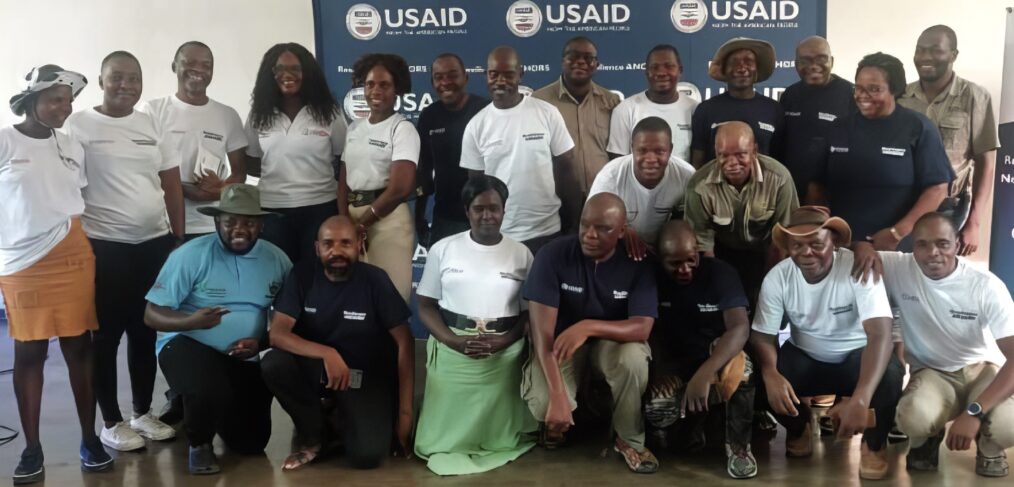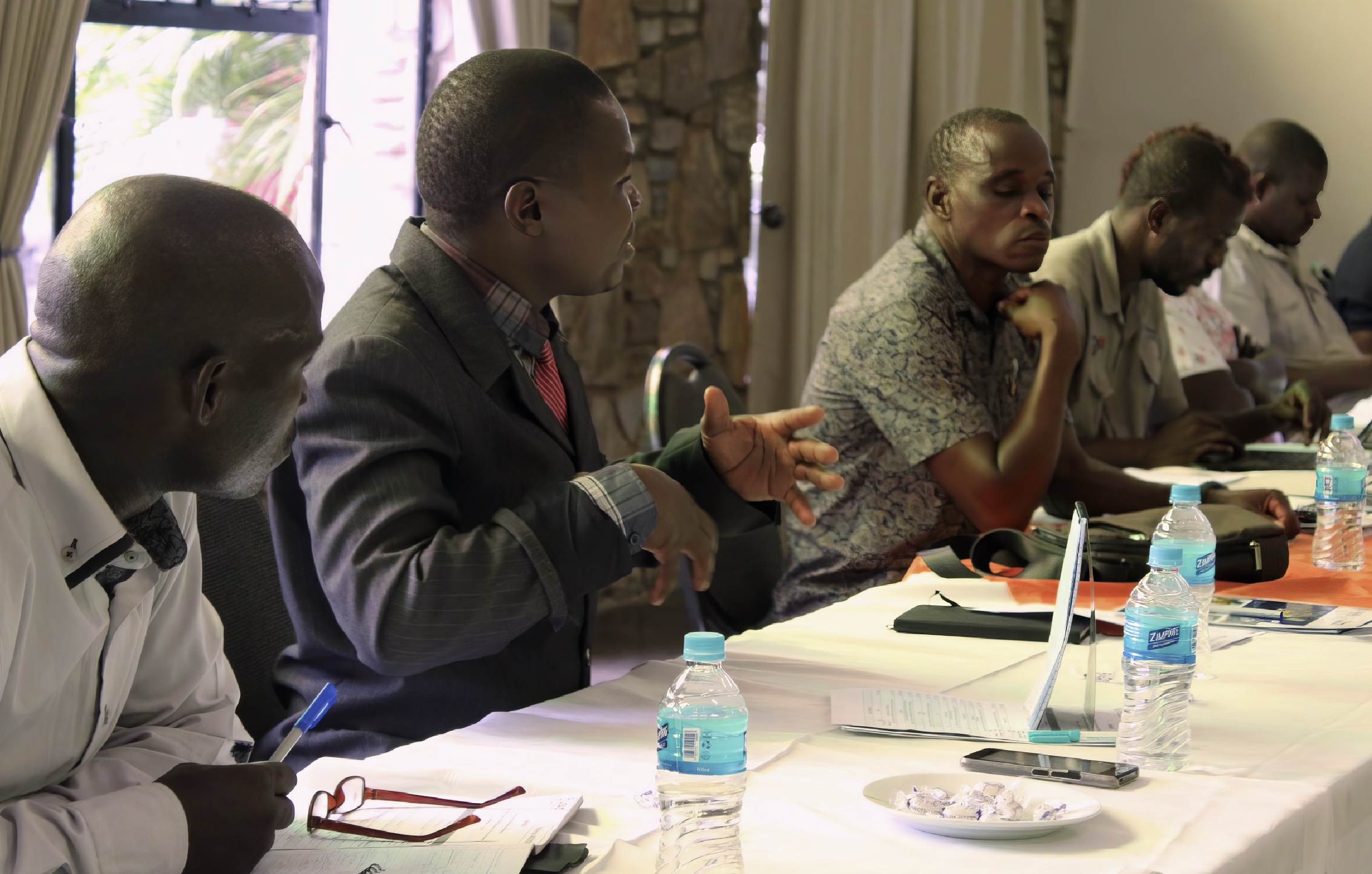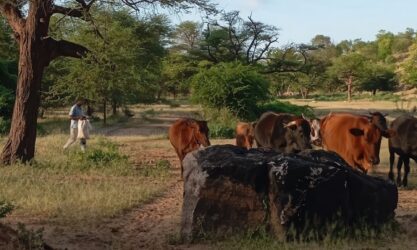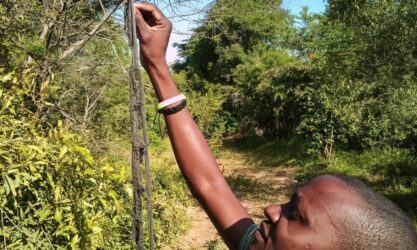
Charting the future of Zimbabwe’s CAMPFIRE programme
By Liberty Chauke
Zimbabwe’s Community Areas Management Program For Indigenous Resources (CAMPFIRE) programme was the first of its kind in southern Africa, whereby people living with wildlife became beneficiaries of the sustainable use of wildlife in their areas.
In accordance with Zimbabwean policies, RDCs have been granted Appropriate Authority status, which allows them to generate income from wildlife within specific areas known as CAMPFIRE blocks. This income is used primarily for infrastructural development projects (e.g. schools, clinics, electricity and water services) that benefit the communities living in those blocks.
While the CAMPFIRE programme has funded many development projects and thus improved the quality of life for rural communities in Zimbabwe, it has faced a number of challenges. Trophy import bans imposed by other countries on Zimbabwe has reduced the level of benefits delivered to the communities, whilst human-wildlife conflict has increased the cost of living with wildlife. In some areas poor governance has exacerbated these challenges, resulting in many communities demanding that the CAMPFIRE programme be restructured and revitalised.
To this end, a delegation of people involved with CAMPFIRE were sent to Namibia on a look and learn tour to find out how community institutions known as conservancies manage their wildlife and income in that country. In the Namibian model, the communities generate income directly from wildlife and decide on their own benefits, while the government authority plays a more regulatory role.
Having visited Namibia, six communities in Zimbabwe have already established conservancies and others are considering this move. To further discuss how this new system could work in Zimbabwe, officials from the Zimbabwe Parks & Wildlife Management Authority (ZimParks), RDCs and community representatives from Mbire, Chiredzi, Bikita, Nyaminyami, Chipinge, Hurungwe and Muzarabani attended a workshop in Chiredzi on 11-13 March 2024.
The workshop, facilitated by the Zimbabwe Environmental Law Association (ZELA) and Resilience Anchors, provided a platform those who travelled to Namibia to share their insights from their trip with others. These insights sparked lively discussions about the way forward for CAMPFIRE based on many years of experience in Zimbabwe and the new ideas generated from the look and learn tour.
All stakeholders recognised that CAMPFIRE has played an important role, as one attendee stated: “we should not think about challenges only, it’s important to acknowledge the fact that the CAMPFIRE programme has been a model and a vehicle of community development that has brought a number of community development projects in communities.”
Nonetheless, this 40-year-old programme is due for a fresh start with new ideas. In particular, the Appropriate Authority status currently held by RDCs can be devolved to the lower level to community conservancies in a similar way to Namibia. The workshop attendees thus discussed ways to strengthen capacity and community governance issues in order to create “Community Corporate Entities” that would handle the income generated at the local community level, thus taking on the rights and responsibilities that are currently held by RDCs.
One of the potential hurdles to this new plan is the perceived lack of capacity at the local community level. Community representatives nonetheless feel that they are ready to take on these new responsibilities since they have many years of experience as part of the CAMPFIRE programme. While some government representatives are cautious about granting these new community institutions full Appropriate Authority status, the communities want to take the plunge as soon as possible.

One community representative summed up their stance: “Appropriate Authority status should not be conditional [based on perceived community capacity]. It’s like telling an individual that I will give you a car when you can prove that you are able to drive. Firstly, give the person the keys and let them prove that they can or cannot drive.”
The workshop ended on a high note with plans to establish stakeholder engagement platforms along with monitoring and evaluation mechanisms to continuously review performance and progress. Other plans are in the pipeline to strengthen governance systems and promote active community participation in wildlife conservation. While it may take a few more years to fully revitalise the CAMPFIRE programme, everyone at the workshop agreed that we are on the right path and made fresh commitments to work together to achieve our shared goals.


